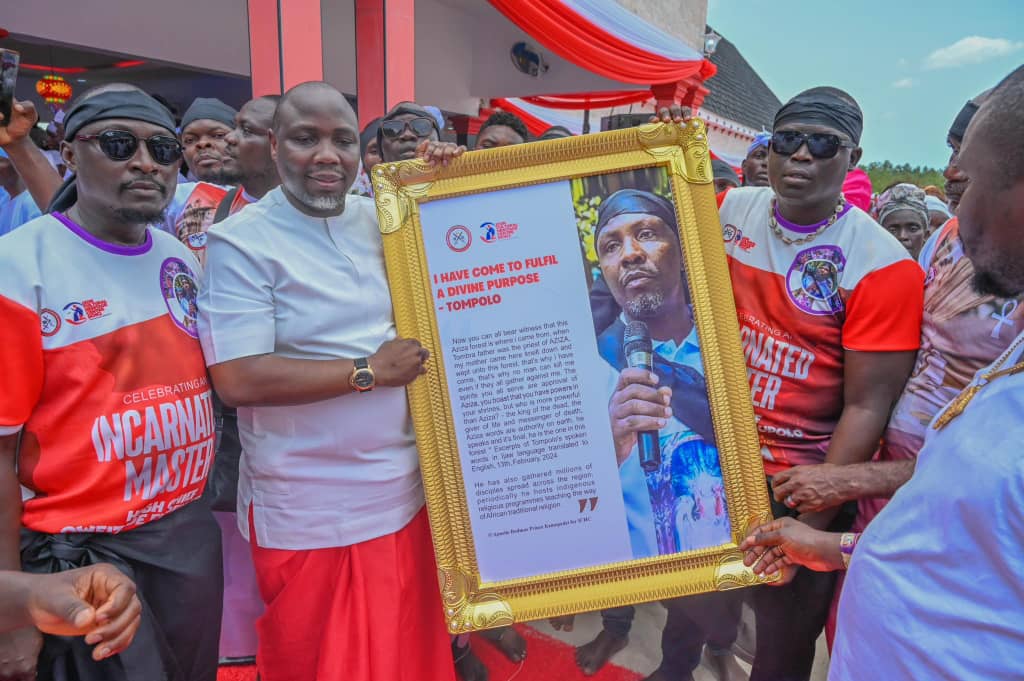“Truth Gets Lost in Translation” – Apostle Bodmas Weighs in on Tompolo’s Statement
A recent statement by High Chief Government Ekpemupolo, popularly known as Tompolo, has sparked a broader conversation on the challenges of language translation and interpretation, particularly when messages cross linguistic and cultural boundaries.
Apostle Bodmas Prince Kemepadei, a public commentator and advocate for indigenous identity, weighed in on the matter in a reflective piece titled “Tompolo’s Statement – Ponder on This.”
He emphasized that the original intent of any spoken word is often distorted when translated into another language. “One of the problems associated with translating one language to another is that it loses its originality because the perception of every listener differs,” he stated.
Referring to the recent message delivered by Tompolo in the Ijaw language, Apostle Bodmas noted that despite the availability of visual documentation, there are now over a thousand interpretations of the message, largely due to the language barrier. He argued that interpreters often translate according to their personal understanding, which can significantly alter the message.
“If Tompolo’s statement is translated into Yoruba, it will lose even more of its originality,” he said. “And if it’s further translated from Yoruba to English without listening to the original Ijaw version, it becomes an entirely new story.”
Apostle Bodmas drew a parallel between this situation and the historical transmission of the teachings of Jesus Christ, which were initially shared orally in Hebrew and Aramaic before being translated into Greek, and later, into English over centuries.
“So how then do you think the story of Jesus and His teachings—passed down from oral tradition in Hebrew and Aramaic, and after many donkey years translated into Greek and then documented in English—is accurate?” he questioned.
The reflection has sparked thoughtful discussions on social media, especially among those advocating for indigenous language preservation, accuracy in religious texts, and the importance of contextual understanding in communication.

